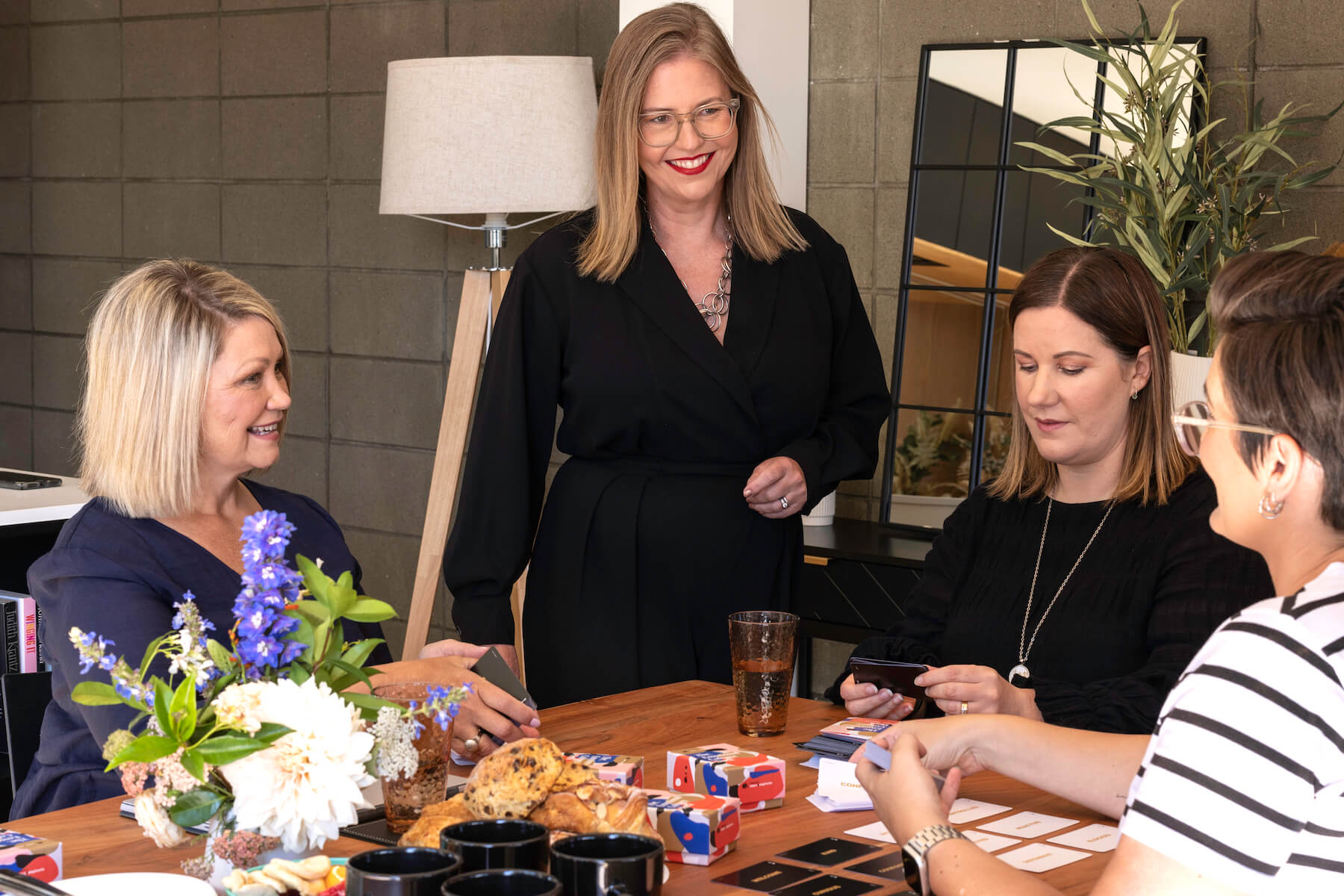Whether having a 1-1 conversation or within a workshop setting, when you say “now we are going to talk about emotions and how you are feeling”, the majority of the time you can see a look of dread across people’s faces, or the eyes begin to roll. Rarely have I had a response of “oh cool, I know how important it is to do this and the benefits it will bring”.
Have you had similar experiences?
Since the devastating cyclone that ravished New Zealand, in particular Hawkes Bay, peoples emotions and feelings have been quite profound. Pretty much everyone in Hawkes Bay has been impacted in some way, with their homes, businesses, livelihoods, or by the impacts of being disconnected with power, roads, communications or infrastructure.
Living in Hawkes Bay, I have had first-hand experience of talking with friends, family, communities and people in businesses. In those initial first few days and weeks, the question asked by many to each other, was “how are you” – a common reply was “I don’t know” or “I can’t explain”. This was also my response. In the moment, it was so difficult, almost impossible to articulate and find the right words for how you were feeling.
I knew with my experiences, training and working with clients how important it was to articulate and talk about feelings and I also knew how important it was to ask the right questions to elicit the most insightful responses. So, I did this first with myself and family and close friends, to ask more focussed questions like, “how are you feeling about not having any power at home?”, or after someone described a situation to ask, “how did that make you feel?”
Immediately, the conversations started to flow and the ability to label and state a particular feeling was easier. I know for myself, the fact that I had said out loud how I was feeling genuinely helped my own awareness, but also processing of that feeling.
Over the subsequent weeks, and now months I have been having intentional conversations with many people and teams about their emotions and feelings. We are now 4 months post-cyclone and have found a common pattern with most conversations I am now having. Most, but not all, people have moved through the recovery phase following the cyclone. When I ask them, “How are you feeling about the impact of the Cyclone?”, I am invariably getting a response like, “Yeah, OK now thanks”.
In these conversations I have been using an incredible resource from Riders & Elephants. They have a fabulous tool call the ‘Emotional Culture Deck‘ (ECD). This tool has a multitude of uses. The tool provides various labelled desirable and undesirable emotions which are printed on black and white cards. It therefore provides prompts and suggestions to different emotions, so as you read them it can prompt you to consider if you are experiencing this emotion.
When I have used the ECD cards to ask the same question, “How are you feeling about the impact of the Cyclone?” and asked people to select one black card (desirable emotion) and one white card (undesirable emotion), the depth of the conversation has gone to another level. Without fail, everyone has been able to open up and share detail on how they are truly feeling and context as to why they are feeling that way about the Cyclone. The impact for some with the cyclone is going to take years to overcome. It is therefore crucial to keep those conversations very much integral in homes and at work. If you don’t ask specifically about how people are feeling you might never know, therefore, you might never know how you could be supporting them.
One beautiful story of how powerful the simplicity of asking the right questions to have intentional deep conversations about emotions and feelings, is one I had with a friend who is a music teacher. She was about to start back to school after the cyclone and was nervous about how to support her students. She knew that some students had lost everything and others who had had lesser impacts, so she didn’t know how to bridge the gap between the two or what to say.
I shared the ECD cards with my friend and she used them with her students. Rather than asking the question “how are you?”, she asked the question; “how are you feeling today”. A few weeks later I asked her how she was getting on with having the conversations, she stated; “it was so interesting the more sincere responses that emerged” She found that by having those more sincere responses helped her in how she could support her students in the right way. She took this work and incorporated using the ECD to label emotions into a unit of work and platform for music composition as part of an NCEA assessment.
To summarise, I would encourage you to incorporate talking about your emotions and feelings with others and ask those around you specific intentional questions about how they are feeling. It is simple, but powerful. The impact of labelling emotions and feelings is huge – helps your own awareness and awareness of others, promotes personal growth and emotional wellbeing, and helps build meaningful deep relationships.
Reach out to the Vargo + Lewis team to learn more about incorporating these conversations into your own teams or communities. The experience discussed in the blog would be mirrored and similar for any significant event, however it is never a bad time to create a space for more intentional and deep conversations within your own community, team or organisation.

